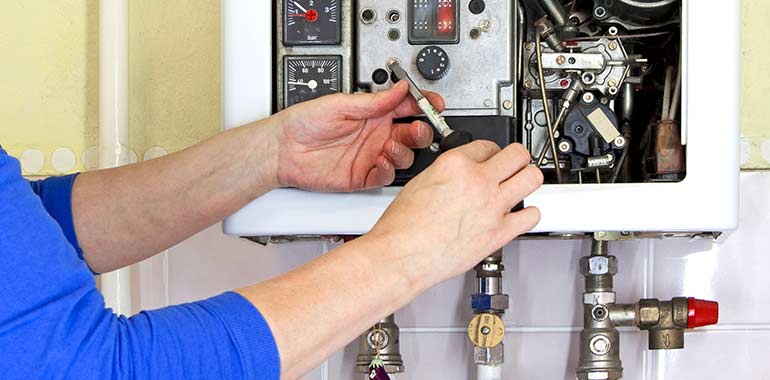5 Common Reasons Why Your Boiler is Running Slow
What is a Boiler and Why Does it Need Repairs?
Lined up boilers in a row, efficiently using hot water to produce steam and heat in your home or office building. The boiler needs repairs when there are issues with it’s control system.
What is a boiler? A boiler is a heating device used to increase the temperature of water by burning fuel. It can be either natural gas, propane, or oil.
A supervisory control system (SCS) is a computer software that monitors the temperatures and other critical process variables in boilers during start-up and shutdown.
Pros of Installing an Intelligent Boiler

Intelligent boilers are intelligent and have a set of functions that have been made with the latest technology.
Automated boiler controls can be set to allow the boilers to switch on automatically when there is a real-time demand for steam, which usually occurs in the morning.
The benefits of installing an intelligent boiler include lowered heating costs, reduced pollution as well as improved energy efficiency.
The 5 Most Common Causes of Why Your Boiler is Running Slow
Boilers typically overheat when they are supposed to be on a continuous boil, when they have recently been turned on, or when too much water enters the boiler.
5 Most Common Causes of a Slow Boiler:
1. There is a blockage in the water feed.
2. Clogged up flue pipe with soot and dirt.
3. Sediment or boiler scale build-up blocked the air vent.
4. The brake needs tightening to balance the pressure throughout the system, preventing hot spots from forming and causing overloading of the heat exchanger.
5. The most common cause of a slow boiler – too many people using it at once.
5 Ways to Fix the Problem and Prevent Future Damage
As the world transitions from fossil fuels to renewable energy, environmental concerns have increased. The adoption of modern heating systems can help us reduce our carbon footprint and prevent future damage.
In order to mitigate the risk of future damage, make sure your heating is efficient enough for your needs. If you’re looking for a new heating system, consider features like a programmable thermostat and smart sensors, as well as other benefits like cost-efficient operation and natural style air cooling.
The top five ways to fix the problem with modern heating systems include:
1) gather information about how much heat you need;
2) see whether you can reuse your existing system;
3) understand how many air changes during a day;
4) change seasonally if you are in need of cooling during summer months;
5) understand the best suited maintenance-wise for your needs.
